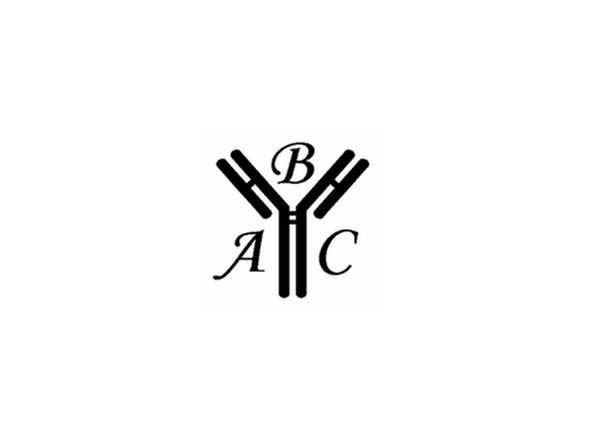Rabbit Anti-4 HNE (4 Hydroxynonenal) Affinity Pure, 30% glycerol | ABMC-A23
- SKU:
- ABMC-A23
- Availability:
- Usually shipped in 5 working days
Description
Rabbit Anti-4 HNE (4 Hydroxynonenal) Affinity Pure, 30% glycerol | ABMC-A23
| Host Species: | Rabbit |
| Concentration: | 1 mg/ml (OD 1.35 / 280 nm) |
| Antigen: | 4 HNE-BC |
| Purification: | Affinity purified |
| Buffer: | 75 mM Sodium Phosphate, 75 mM NaCl, 0.5 mM EDTA, 0.02% NaN3, pH 7.2, 30% glycerol |
| Specificity |
Specifically binds to 4-HNE modified proteins. Dilution for immunoblot and ELISA range: 1,000 to 8,000. (A slight amount of precipitation may have occurred during storage due to the natural properties of these antibodies; please centrifuge before use.). |
| Use: |
The antibody can be used for detection of of 4-HNE modification in plasma, lipoproteins, and other proteins, immunoassays, immunoblots, enzyme conjugation, or biotinylation. |
| Storage: | -20°C for long-term storage, 4°C for short- term storage. Aliquot to avoid repeated freezing and thawing. |
IMPORTANCE
Modifications on lysine residues, with formation of carboxylmethyl-lysine (CML), malondialdehyde (MDA) and hexitol-lysine are advanced glycation end-products (AGE), and the coupling with reactive aldehyde compounds, such as 4-hydroxynonenal (4-HNE) may appear from lipid oxidation (Guichardant et al., 1998). These modifications feature the oxidative byproducts which react with NH2 groups and form Schiff-base adducts (Mark et al., 1996). LDL treated with HNE or oxidatively modified by Cu++ or by cultured endothelial cells give rise to Michael addition-type HNE adducts that are recognized by HNE-specific antibodies.












